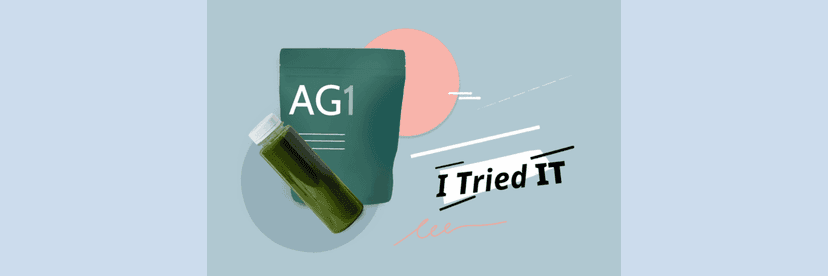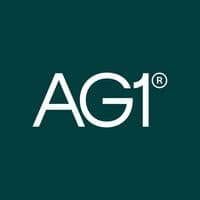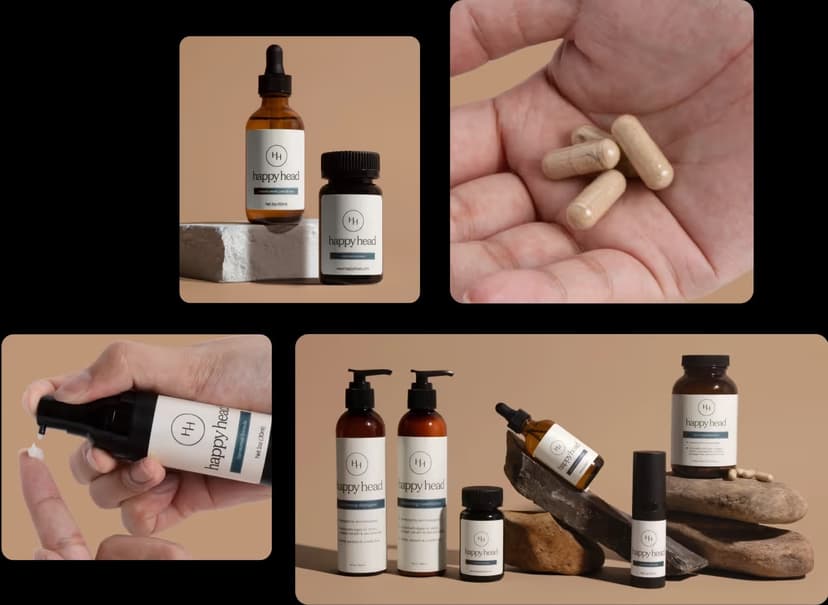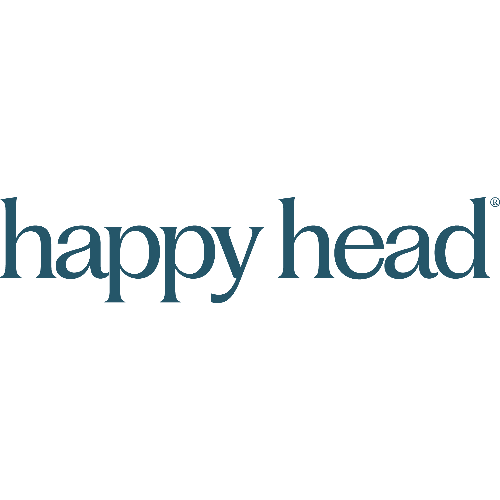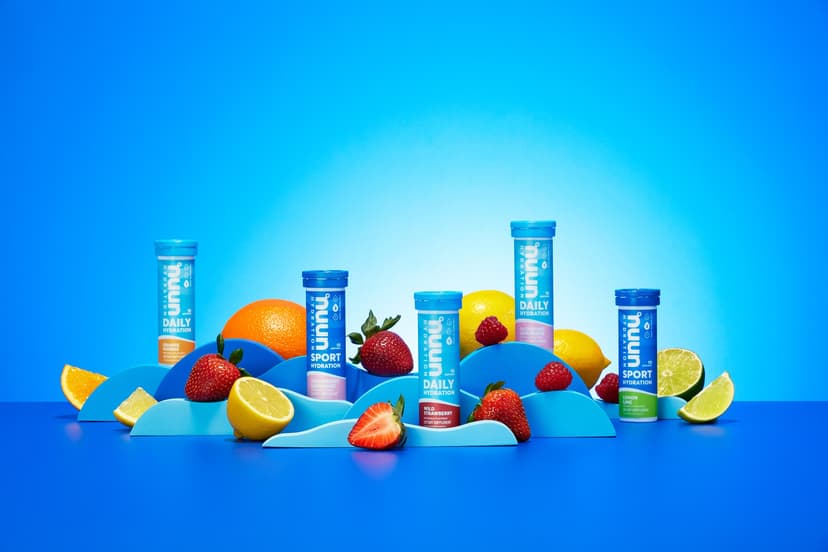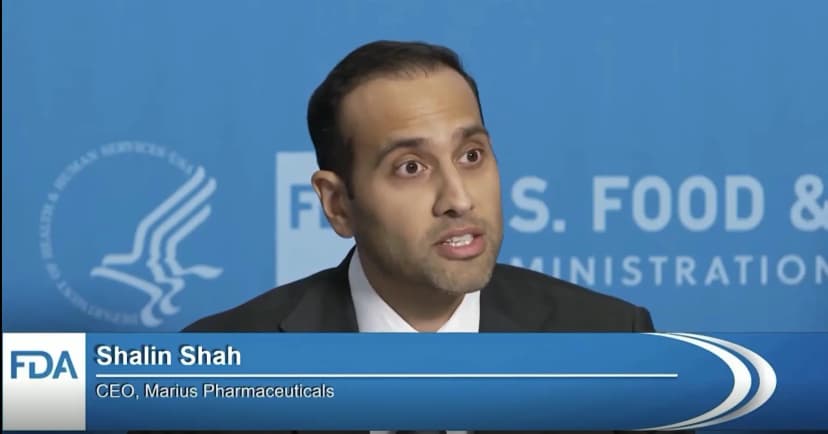Eating the right foods can help keep your hair strong and healthy. But how does what you eat affect your hair? According to nutrition expert Francesca Nicholas, a balanced diet can make a big difference. When your body doesn't get enough vitamins and minerals, your hair follicles may struggle, leading to problems like hair loss, thinning, and dullness. In this article, we'll explore how nutritional deficiencies can cause hair loss and what you can do to prevent it.
Key Takeaways
- Nutritional deficiencies can lead to hair loss, thinning, and dull hair.
- Vitamins like D, B12, and minerals like iron and zinc are essential for healthy hair.
- A balanced diet rich in proteins, fruits, vegetables, and healthy fats can support hair growth.
- Men and women may experience different types of nutritional deficiencies affecting their hair.
- Holistic approaches, including diet changes and supplements, can help prevent and treat hair loss.
Understanding the Connection Between Nutritional Deficiencies and Hair Loss
How Nutrient Deficiency Affects Hair Follicles
Hair follicles are highly active and sensitive structures. They need a constant supply of nutrients to function properly. When the body lacks essential vitamins and minerals, hair follicles struggle to produce healthy hair. This can lead to issues like thinning, brittle strands, and excessive shedding.
Common Symptoms of Hair Loss Due to Deficiency
Nutrient deficiencies can cause various symptoms related to hair health, including:
- Thinning hair
- Brittle and weak strands
- Excessive shedding
- Slow hair growth
- Changes in hair texture
Scientific Evidence Linking Deficiencies to Hair Loss
Research has shown clear links between nutrient deficiencies and hair loss. For example:
- Studies reveal that low levels of vitamins D and B12 are more common in people with thinning hair.
- Clinical trials show that replenishing deficient vitamins can improve hair density and reduce shedding.
- Biochemical studies explain how nutrient shortages disrupt hair follicle function and hair protein production.
Addressing nutrient deficiencies through diet and supplements can often reverse hair loss and restore healthy hair growth.
Essential Vitamins and Minerals for Healthy Hair
Role of Vitamin D in Hair Growth
Vitamin D is crucial for creating new hair follicles. Low levels of Vitamin D are linked to hair loss. It helps in the formation of new hair follicles, which are tiny pores where new hair can grow. You can get Vitamin D from sunlight, fish, and fortified foods.
Importance of B Vitamins for Hair Health
B Vitamins, especially B7 (biotin) and B12, play a significant role in hair health. They help in the creation of red blood cells, which carry oxygen and nutrients to the scalp and hair follicles. Foods rich in B vitamins include eggs, nuts, and whole grains.
Impact of Iron and Zinc on Hair Strength
Iron and zinc are essential for hair strength and growth. Iron helps red blood cells carry oxygen to your cells, including hair follicles. Zinc helps in hair tissue growth and repair. A deficiency in either can lead to hair loss. You can find iron in red meat, spinach, and lentils, while zinc is abundant in nuts, seeds, and dairy products.
Ensuring you get enough of these vitamins and minerals can make a noticeable difference in your hair's health and strength.
Foods to Include in Your Diet for Strong, Healthy Hair
Protein-Rich Foods for Hair Growth
Eggs are a fantastic source of protein and biotin, both essential for hair growth. Hair follicles are mostly made of protein, so a lack of it can lead to hair loss. Biotin helps produce keratin, a key hair protein. However, biotin deficiencies are rare if you eat a balanced diet.
Fruits and Vegetables Packed with Vitamins
Berries are loaded with vitamins and antioxidants that support hair growth. Vitamin C in berries helps protect hair follicles from damage by free radicals and aids in collagen production, which strengthens hair. Spinach is another great option, rich in vitamins A and C, iron, and folate, all of which are crucial for hair health.
Healthy Fats and Their Benefits for Hair
Avocados are rich in healthy fats and vitamin E, which may support hair growth. Vitamin E is an antioxidant that helps prevent oxidative stress, a factor that can lead to hair loss. Nuts and seeds also provide essential fatty acids, vitamins, and minerals that contribute to healthy hair. For example, almonds are high in vitamin E, while flaxseeds offer omega-3 fatty acids.
Including a variety of these nutrient-rich foods in your diet can help ensure your hair remains strong and healthy. Remember, a balanced diet is key to overall well-being, including the health of your hair.
Gender-Specific Nutritional Deficiencies and Hair Loss
Common Deficiencies in Men and Their Effects
Men often experience deficiencies in several key vitamins and minerals that can impact hair health. Common deficiencies in men include Vitamin D, Vitamin B6, Vitamin B12, folic acid, magnesium, calcium, iron, and iodine. These deficiencies can lead to symptoms such as thinning hair, excessive shedding, and even patchy hair loss.
Nutrient Shortfalls in Women and Hair Health
Women, on the other hand, frequently face deficiencies in Vitamin B12, iodine, iron, Vitamin D, and calcium. These nutrient shortfalls can result in similar hair issues, including thinning, dullness, and increased hair breakage. Women may also experience changes in hair texture and slower hair growth due to these deficiencies.
Tailoring Diets to Address Gender-Specific Needs
To combat these deficiencies, it's essential to tailor diets to meet gender-specific nutritional needs. Here are some tips:
- For Men: Focus on foods rich in Vitamin D, B vitamins, and iron. Examples include fatty fish, eggs, lean meats, and leafy greens.
- For Women: Incorporate foods high in iron, calcium, and Vitamin D, such as dairy products, fortified cereals, and legumes.
Addressing these deficiencies through a balanced diet can significantly improve hair health and reduce hair loss. If dietary changes are not enough, consider consulting a healthcare provider for advice on supplements.
Holistic Approaches to Preventing Hair Loss
Dietary Changes to Support Hair Health
Adjusting your diet can naturally help restore nutrient levels and support overall hair health. A balanced, nutrient-rich diet is key. Here are some tips:
- Aim for a variety of fruits, vegetables, pulses, beans, proteins, and healthy fats.
- Include different colors of foods each day—think of a rainbow on your plate!
- Choose whole foods over processed ones.
- Drink plenty of water.
For meal ideas, consider a grilled salmon with spinach and beetroot salad topped with sunflower seeds and lentils.
Lifestyle Habits for Optimal Hair Growth
Certain lifestyle habits can minimize hair loss and damage while promoting growth:
- Manage stress through yoga, meditation, or journaling.
- Quit smoking, as toxins can impede hair follicle growth.
- Practice scalp massage to stimulate circulation.
- Protect your hair from sun damage with hats and gentle styling.
Natural Remedies and Supplements
Some natural supplements can enhance hair growth:
- Biotin gummies or drops.
- Fish oil or omega-3 supplements.
- Gummies with hair-healthy vitamin blends.
- Topical oils like rosemary, peppermint, and lavender.
Using natural remedies alongside medical treatments provides a multilayered approach to restore hair vitality from within. Always consult your healthcare provider before starting any new treatment.
Addressing Nutritional Deficiencies Through Diet and Supplements
When to Consider Supplements for Hair Health
If you notice hair thinning or excessive shedding, it might be due to a nutritional deficiency. Blood tests can help identify specific deficiencies. If you have low levels of essential vitamins or minerals, your doctor may recommend supplements.
Choosing the Right Supplements
Selecting the right supplements is crucial. Here are some commonly recommended ones:
- Vitamin D: Supports hair follicle health and immune function.
- Iron: Essential for oxygen transport to hair follicles.
- Vitamin C: Helps with iron absorption.
Balancing Diet and Supplements for Best Results
A balanced diet is the foundation of good hair health. Supplements should complement, not replace, a nutritious diet. Aim to include a variety of foods rich in essential nutrients:
- Protein: Eggs, lean meats, and legumes.
- Healthy fats: Avocados, nuts, and seeds.
- Vitamins and minerals: Leafy greens, fruits, and whole grains.
Remember, while supplements can help, they should be taken under medical supervision to avoid potential side effects. A holistic approach combining diet, lifestyle changes, and supplements often yields the best results.
Conclusion
In summary, maintaining a balanced diet rich in essential vitamins and minerals is crucial for healthy hair. Nutritional deficiencies can lead to various hair problems, including thinning, shedding, and loss of shine. By incorporating nutrient-dense foods like eggs, spinach, and fatty fish into your meals, you can support your hair's growth and overall health. Remember, while diet plays a significant role, it's also important to consult with a healthcare professional if you suspect any deficiencies. They can provide personalized advice and recommend supplements if necessary. Taking a holistic approach that combines a nutritious diet with proper medical guidance can help you achieve strong, healthy hair.
Frequently Asked Questions
Can a poor diet really cause hair loss?
Yes, not getting enough essential nutrients can affect your hair health. Without the right vitamins and minerals, your hair follicles may struggle to grow strong and healthy hair.
Which vitamins are most important for hair growth?
Vitamins like D, B12, and biotin are crucial for hair growth. They help your hair follicles function properly and promote healthy hair production.
Can I get all the nutrients my hair needs from food alone?
Most of the time, a balanced diet can provide all the nutrients your hair needs. However, in some cases, supplements might be necessary if you have a deficiency.
Are there specific foods that can help with hair growth?
Yes, foods rich in protein, vitamins, and healthy fats can support hair growth. Examples include eggs, berries, spinach, and fatty fish like salmon.
Do men and women have different nutritional needs for hair health?
Yes, men and women can have different vitamin deficiencies that affect hair health. For instance, men often lack vitamin D and B12, while women might need more iron and folic acid.
When should I consider taking supplements for my hair?
You should consider supplements if you have a confirmed deficiency in certain vitamins or minerals that affect hair health. Always consult with a healthcare professional before starting any new supplement.
